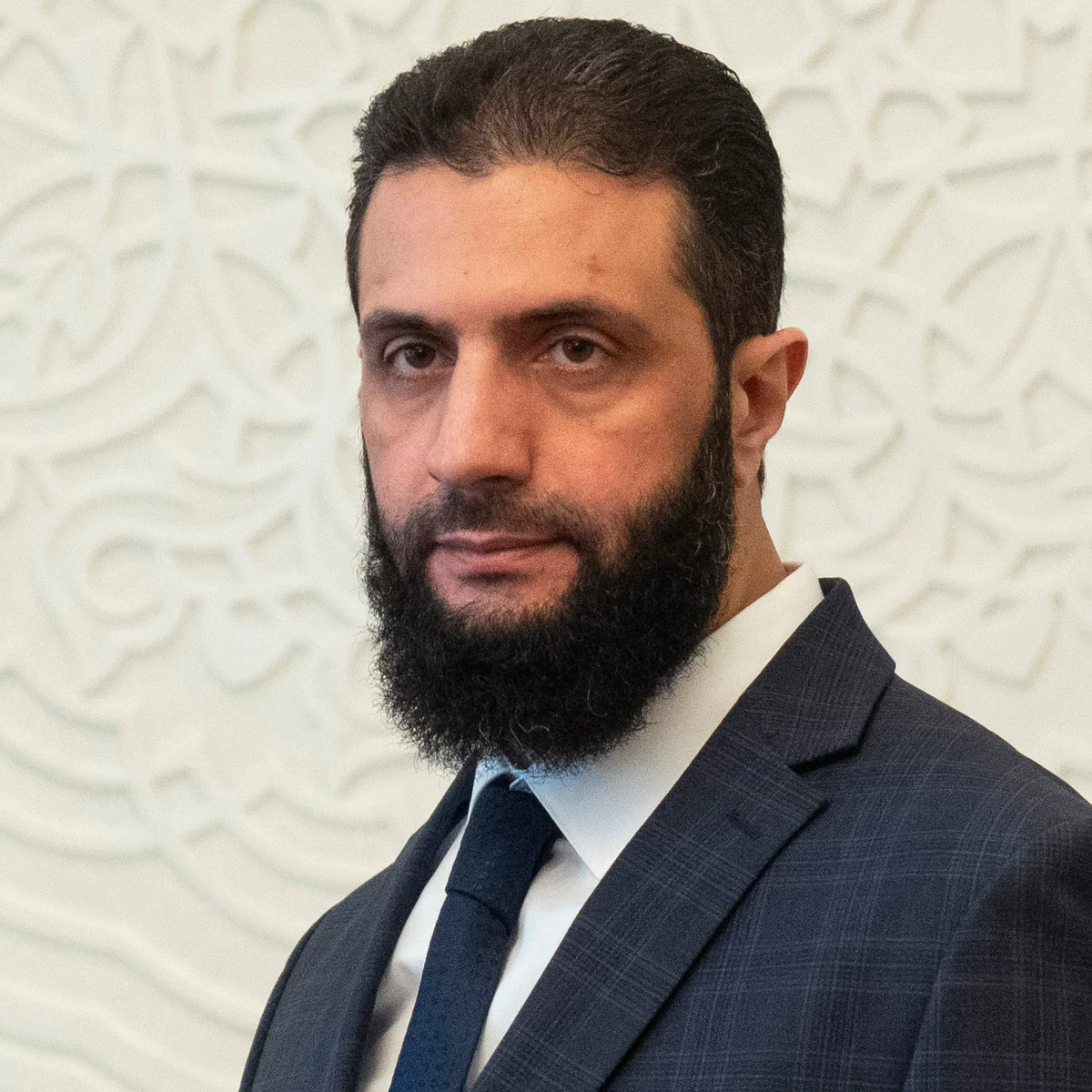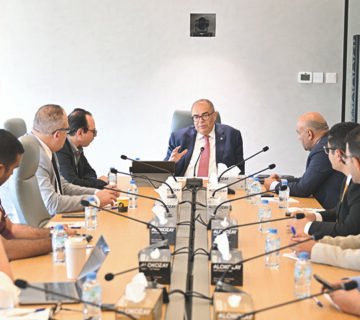As a Muslim Jihadist, Ahmed al-Sharaa fought the criminal regime of the Assad family that lasted almost 60 years of horrific crimes committed against the people and citizens of Syria.
What became an unarmed “civil protest” against Bashar al-Assad escalated into a declaration of war by the regime against the people of Syria.
7 million were turned into refugees both at home and abroad. Hundreds of thousands were murdered and killed by the Assad regime with the support of certain “minority” groups. The Majority of Syria remains in ruin. Israel is claiming the rights to protect the “Druze” as a pretense to “0ccupy” Syrian territories.
Now there is hope that all will change now. However, the road will not be so easy given the divisions within Syria both “ethnic” and “sectarian’ division with some groups like the “Kurds” denied citizenship even though they lived centuries before Bashar and his family ruled Syria. The Alwaites, the Shias, and the Druze will be a test case of how Syria will be in the future. Whether it will remain intact or break up into sectarian divisions.
Now President Ahmed al-Sharaa has great challenge and opportunity to make Syria a successful case for what an “Impossible State” can be possible. Not a “Muslim State, not a Sectarian-Secular State, but a State where All Citizen as Equal. Full citizenship with all its meaning. A Model State Informed by Islamic Values.
The Mission
There has been significant discussion and disagreements regarding the necessity of re-establishing the Islamic State within its historical context. However, such a Muslim state without equal citizenship for all its citizens whether Muslims, Christians, Jews, and other “groups” does not fit well with the contemporary notion of “equal citizenship for all.”
Hence, it is essential to create a framework for a “Model State Informed by Islamic Values. That emphasis shared ethical principles while ensuring equal citizenship for all.
These are universal principals found in Islamic tradition that support equality, justice, human dignity and public welfare with emphasis on” citizenship”, shared by many Muslim nations. This approach acknowledges Islamic heritage while addressing the limitation of historical governance models when applied to contemporary societies with diverse population. Can such a model state exist? This is the mission.



No comment